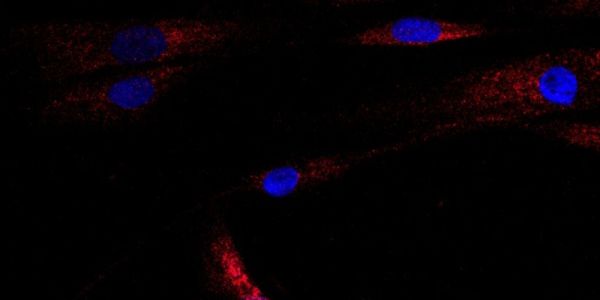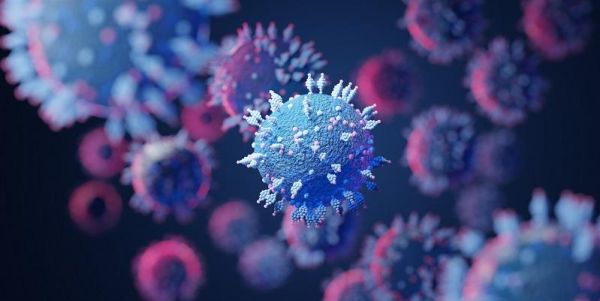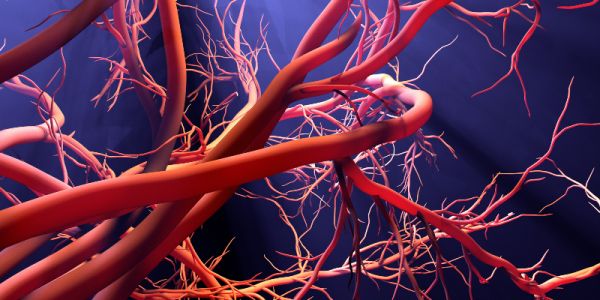
Higher blood fats make cells share stress
Increased levels of blood fats in people with type 2 diabetes and obesity are more harmful than previously thought, a new study has found.

Increased levels of blood fats in people with type 2 diabetes and obesity are more harmful than previously thought, a new study has found.

An astrophysicist at the University of Leeds has been awarded a five-year fellowship to answer one of the most fundamental questions in science – how do planets form?

A new type of ultraviolet light can efficiently kill airborne microbes, such as those which cause COVID-19, a study has found after successful trials.

Engineers and scientists have paved the way for a robot that can reach some of the smallest bronchial tubes in the lungs – to take tissue samples or deliver cancer therapy.

Hundreds of newly diagnosed bowel cancer patients in Yorkshire will have the opportunity to take part in two international clinical trials.

Scientists reveal a new part of the recipe for complex life on planets, and it involves the onset of a microbial fertiliser factory on the Earth’s seafloor roughly 2.6 billion years ago.

People living with painful hand and arm conditions are invited to take part in research and help create a new online support platform for patients.

Doing less exercise could deactivate a vital protein in the body, causing further inactivity and making exercise more difficult, new research suggests.

A team of Brazilian and British scientists have discovered that extreme wind and water-deficiency are the main causes of tree death in the southern Amazon.

Researchers using multiple high-resolution satellite observations have found that carbon loss has more than doubled since 2001 due to forest clearance across the tropics.